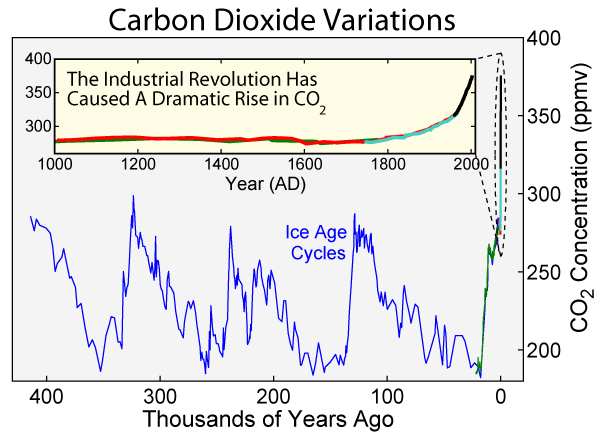All this tail wagging over a new standard that will force vehciles like an F150 to reach 23-25mpg by 2025, an ecoboost F150 can do 20-22 right now. Gee that's gonna be hard to meet. 
http://www.nhtsa.gov/staticfiles/rulemaking/pdf/cafe/2017-2025_CAFE-GHG_Supplemental_NOI07292011.pdf
http://www.nhtsa.gov/staticfiles/rulemaking/pdf/cafe/2017-2025_CAFE-GHG_Supplemental_NOI07292011.pdf
![[H]ard|Forum](/styles/hardforum/xenforo/logo_dark.png)

